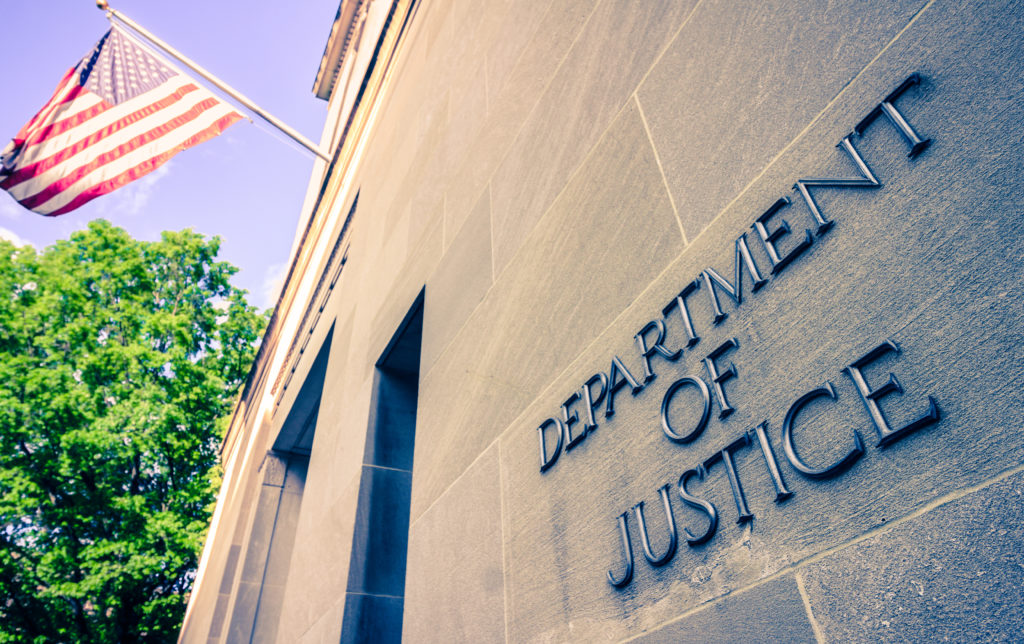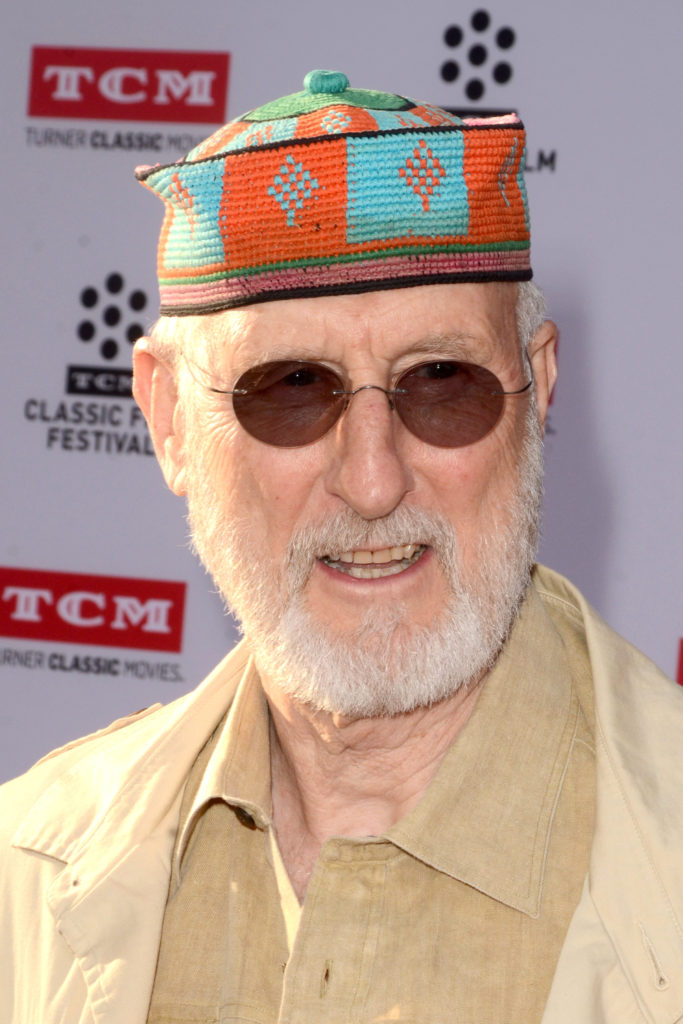We almost feel sorry for Humane Society of the United States (HSUS) president Wayne Pacelle. Yesterday’s animal-welfare hearing in a U.S. House Agriculture subcommittee was anything but the love-fest he may have expected. First of all, we were there — testifying on the same panel, telling members of Congress and the media about HSUS’s hidden agenda. Then an immigrant foie gras farmer stole the show with his heart-rending account of being pushed around by animal-rights extremists. Finally, a Virginia Congressman declared in front of a packed hearing room that a key part of Pacelle’s own testimony was flatly "false." Not a good day on the Hill for a man who says his group "has committed itself to political activity as never before."
We made the most of our opportunity to address the nation’s lawmakers, advising: "When the topic of discussion is how to make livestock farming better, the complaints of radical vegans should be seen for what they are: an attempt to dismantle animal agriculture, not improve it … Encouraging the input of people who want to crush you is a strange way of seeking sensible reform."
Our hats are off to Salvadoran duck farmer Guillermo Gonzales, who told Congress that animal activists "trespass, damage our property, steal our animals, and sometimes do much worse." HSUS and other groups, he said, are trying "to drive us off our land and out of business … Acting in the name of ‘animal welfare,’ some seem to have forgotten the welfare of human farmers."
Our research director, testifying right after Mr. Gonzales, added: "I’ve never tasted foie gras. But who are these people to decide I shouldn’t have the chance to try it? When zealots ban books because of their politics, millions of people rise up. Why isn’t banning food for political reasons viewed the same way?"
Among the things we pointed out was the habit of some groups, HSUS included, of distorting facts in order to turn the public away from eating meat. We noted, for instance, that HSUS’s website (like that of the PETA-connected Physicians Committee for Responsible Medicine) overstates the fat content of chicken — a big vegetarian no-no — by more than 500 percent (they say it’s 23 percent; the real number, 5 grams out of a 140-gram portion, is less than 4 percent).
But Pacelle himself provided an even better example of the fine line between animal-rights fact and fiction. Talking about mad cow disease, Pacelle said that the meat from a diseased cow identified in 2003 "went on to markets and consumers in various states" — claiming that it had actually entered the U.S. food supply. An alert Rep. Bob Goodlatte (R-VA) pounced, assuring the hearing room that this testimony was simply "false."
In the end, both sides of the aisle seemed to agree (despite HSUS’s protests) that the American livestock system is in good shape. Subcommittee Chairman Leonard Boswell (D-IA) was convinced that "producers are vigorously addressing animal welfare issues." And in a stinging rebuke to Pacelle, Ranking Member Robin Hayes (R-NC) wrote: "Farmers and ranchers, not activists, should be dictating animal husbandry practices."




